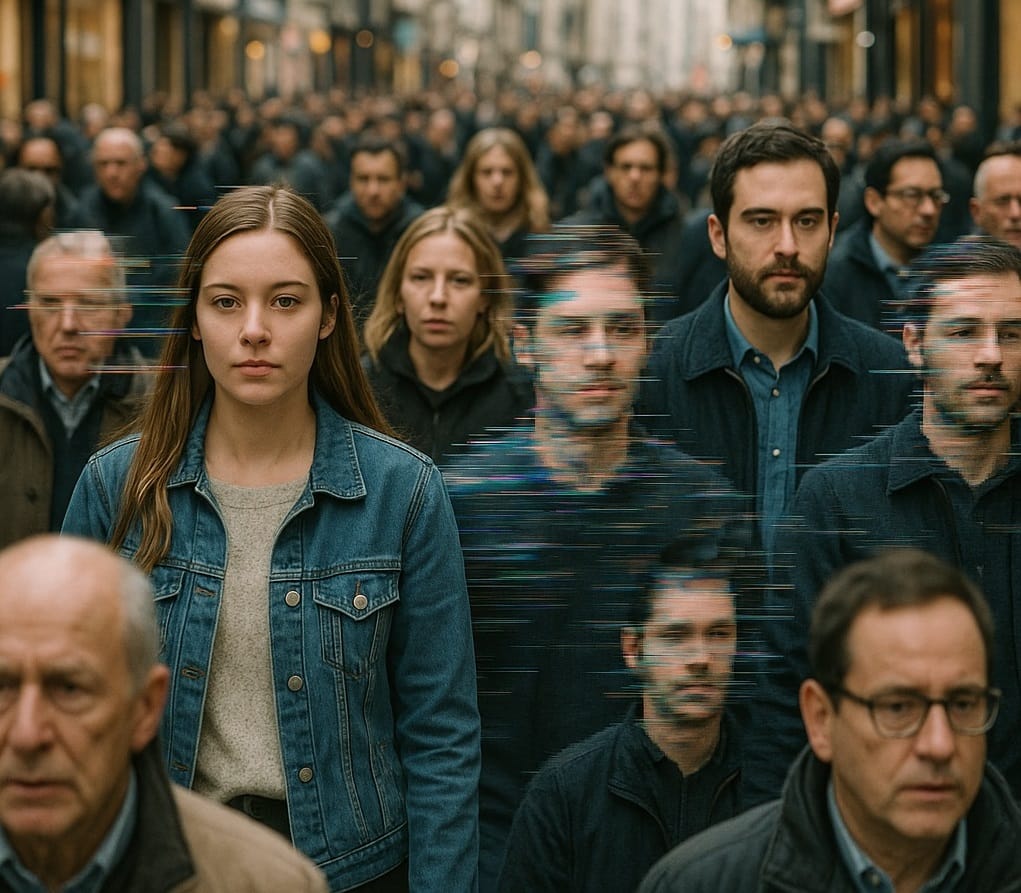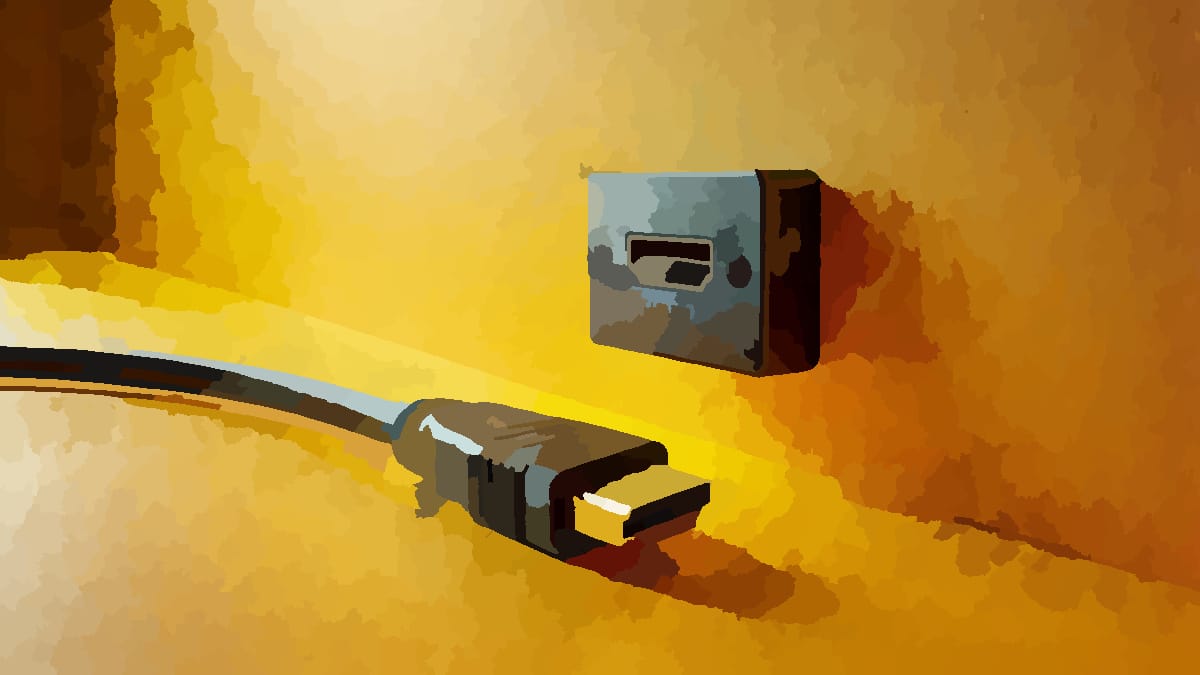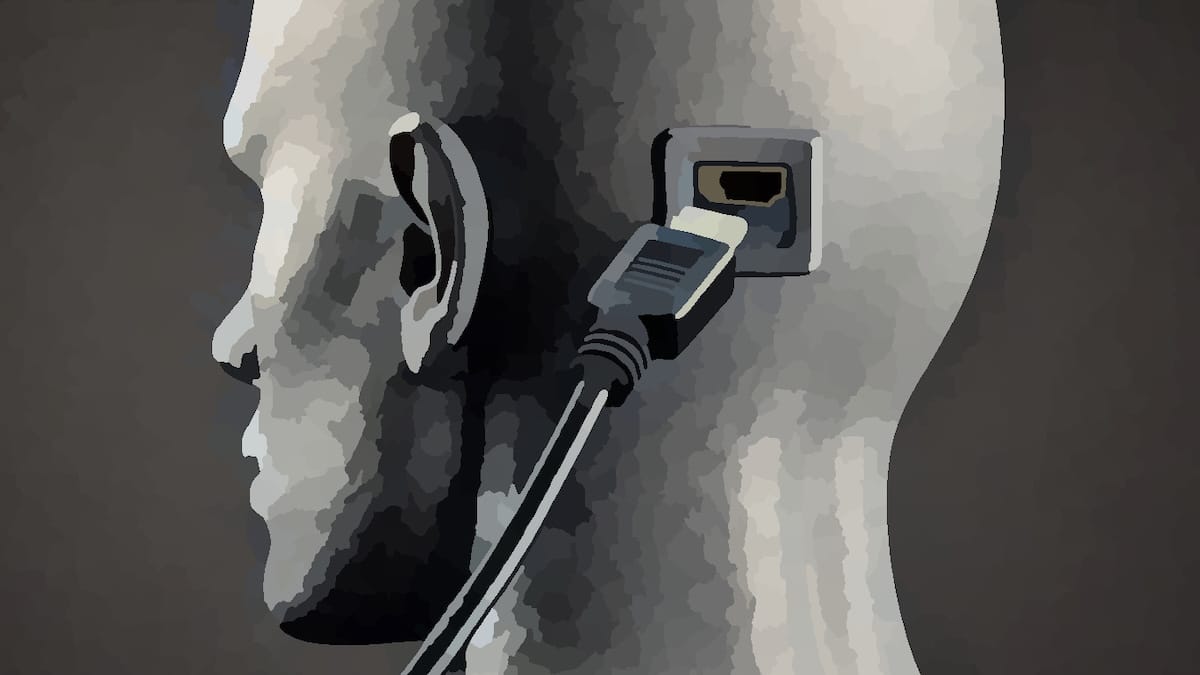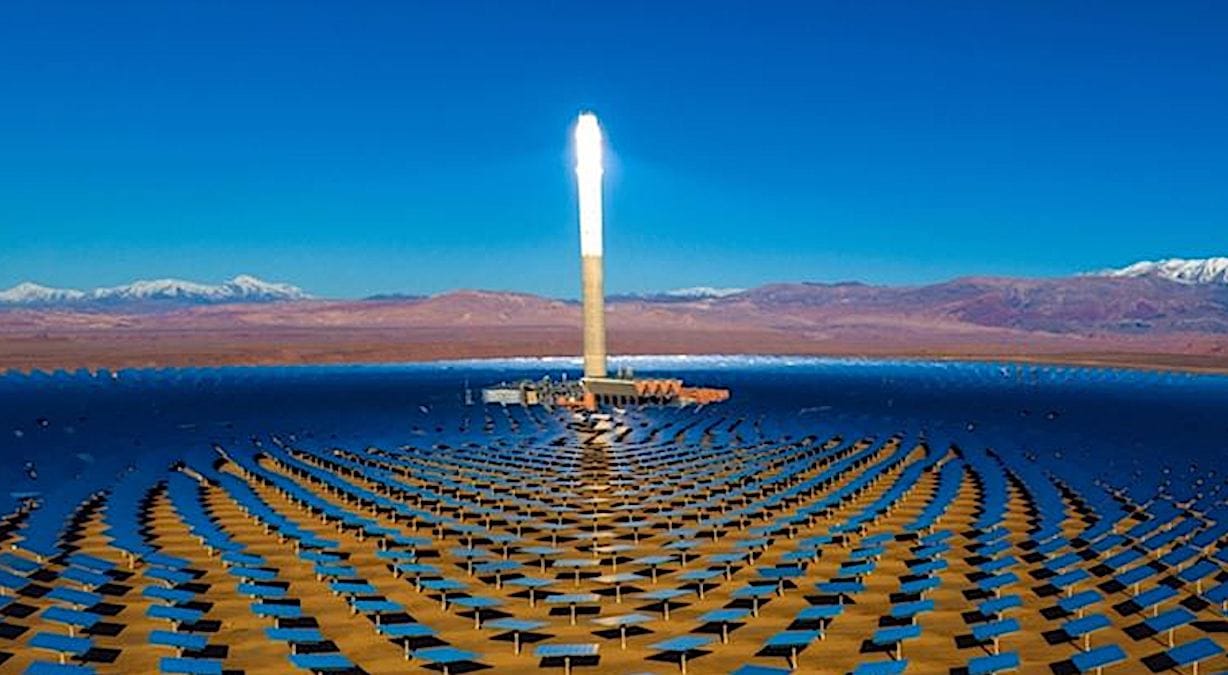Technology
In vivo gene editing: The medicine of the future
The holy grail of genetic therapy has arrived.
AI ushers in the post-truth era of politics
Don't believe anything you see or hear.
A techno-pessimist of a different sort
The tech isn't the problem.
The benefit of disconnecting
We have more information than ever. Is it helping?
The broligarchs and the quest for immortality
When the solution to having more money than you can spend in a lifetime is much, much more lifetime.
Why degrowth is wrong
Degrowth is a cramped, pessimistic vision of the future. Fortunately, it’s also wrong.
Hyperreal: The next-level escape from the human condition
Our species-long efforts to escape reality are headed to an unreal place.
Wars of extreme convenience
The easier war gets, the more wars we'll see.
Is AI art causing future shock or age-old economic anxiety?
The tech isn’t the problem. Our civic failure to grow along with it is.
Morality is a technology to build a better world
It’s not just material technologies that make our lives better. Civilization is also a collection of moral technologies.
Solarpunk humanism: How we dream bigger than despair
Solarpunk offers a potent narrative space for imagining secular worlds to come, and how to get there.
Climbing the Kardashev ladder: How civilization survives
The power to control ever-greater amounts of energy is a hallmark of civilization’s progress, and humanity is poised to take the next big step.













